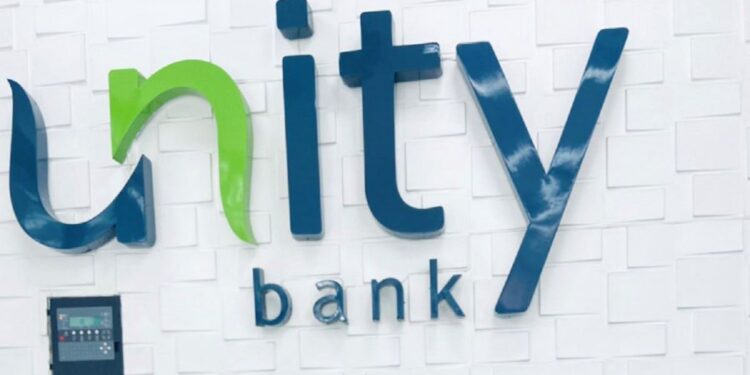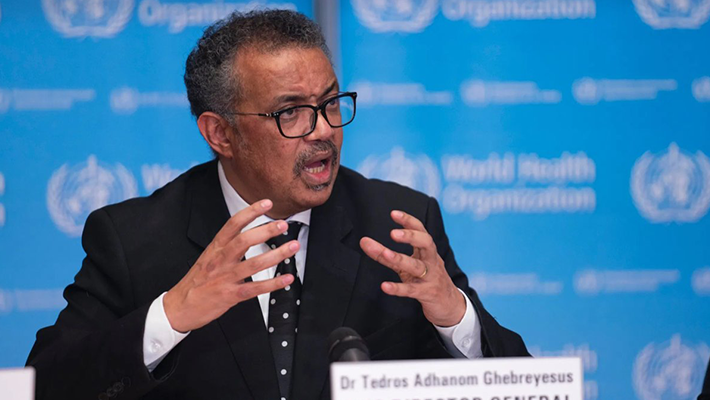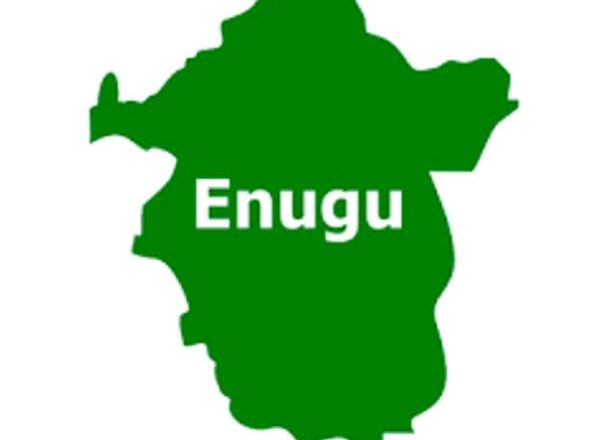 George Asamani, Managing Director, Project Management Institute, Sub-Saharan Africa has called on African countries and Nigeria to brace up in the face of a possible 37% drop in donor contributions, with Washington potentially withdrawing entirely.
George Asamani, Managing Director, Project Management Institute, Sub-Saharan Africa has called on African countries and Nigeria to brace up in the face of a possible 37% drop in donor contributions, with Washington potentially withdrawing entirely.
In a statement made available to the media and signed by Mr. Asamani, he said that “In Africa, where public debt levels are already placing pressure on national budgets and fiscal space is increasingly limited, improving efficiency in infrastructure delivery is no longer optional; it is essential.”
“If the funding tap is tightening, the only viable response is better stewardship of the remaining resources. That means placing execution, how projects are delivered, at the centre of fiscal policy,” he added.
The announcement of deep cuts in US development assistance has cast a long shadow over Africa’s infrastructure ambitions. The African Development Fund, the continent’s principal vehicle for concessional financing, now faces a possible 37% drop in donor contributions, with Washington potentially withdrawing entirely, according to the Centre of Global Development.
In March this year, the US withdrew from the Just Energy Transition Partnership, to which it had initially pledged more than $1.5-billions of grant and commercial funding.
Asamani said, “Even if these cuts prove to be temporary, the damage may not be. Recovering lost momentum could mean sacrificing years of economic growth, delaying critical infrastructure projects, and widening the development gap.
According to him, ‘If the decline signals a more permanent shift, then the implications are even more profound. Rather than wait for fortunes to swing again in their favour, African governments must take proactive steps to secure their development trajectories.”
The Managing Director, Project Management Institute, Sub-Saharan Africa also stated that as development partner contributions shrink, governments across the continent will need to take on a greater share of project financing through their own national budgets. That reality is sobering, but it also presents a compelling opportunity to reimagine public investment through the lens of discipline, delivery, and results.
In recent years, many African economies have faced a challenging paradox: rising investment in infrastructure has not always translated into timely project delivery. Historically, PMI data has reported that roughly 10% of project investment is wasted due to poor project performance. Let’s take the global construction market, which is projected to reach approximately $17.05 trillion this year, and poor project performance, like going over time or over budget, could cost it more than $1 trillion.
In Africa, he said, where public debt levels are already placing pressure on national budgets and fiscal space is increasingly limited, improving efficiency in infrastructure delivery is no longer optional; it is essential. If the funding tap is tightening, the only viable response is better stewardship of the remaining resources. That means placing execution, how projects are delivered, at the centre of fiscal policy.”
He said; “Professionalising project management in the public sector is the single most powerful lever African governments can pull to stretch limited budgets. That said, professionalising project delivery is not without its challenges. Many governments still contend with institutional constraints, limited technical capacity, and high turnover in public sector roles. These realities underscore the need for long-term investment in skills development.
“Even a modest 10% improvement in project delivery efficiency could translate into billions in savings, resources that could be redirected toward critical sectors such as education, healthcare, and public safety. In essence, stronger project management leads directly to better development outcomes, without placing additional tax burdens on citizens or increasing national debt,” Asamani said.
There is also a long-term political dividend, he enthused. “When governments consistently implement visible, high-impact infrastructure projects, they build public trust, foster investor confidence, and stimulate employment. In the context of a rapidly growing youth population and pressing job creation needs, infrastructure delivery should be positioned not merely as capex but as an instrument for inclusive growth and economic resilience.”
In today’s constrained environment, Africa can no longer afford inefficiency. Every missed milestone, budget overrun, or failed audit is not just a governance issue—it’s a tax on future generations. That is why national treasuries must begin to view project management capability as a strategic economic asset. Government ministries should collaborate to embed delivery units staffed by qualified project professionals.
Of course, embedding this level of project management rigour will not happen overnight. Strengthening delivery capability across ministries is a medium-term reform, but one that must begin now if future infrastructure investments are to deliver their intended outcomes. Multilateral lenders such as the ADF should also consider making project management discipline a condition for financing to help ensure that funds are effectively used and that projects deliver their intended impact.
“Africa’s infrastructure agenda is too important to fail. But success will not be driven by donor generosity alone. It will depend on national leadership that prioritises competence and refuses to compromise on execution,” he concluded.





 World Health Organization (WHO) has published its first-ever position paper on immunization products to protect infants against respiratory syncytial virus (RSV) – the leading cause of acute lower respiratory infections in children globally.
World Health Organization (WHO) has published its first-ever position paper on immunization products to protect infants against respiratory syncytial virus (RSV) – the leading cause of acute lower respiratory infections in children globally.



 Firstmonie Agent Credit Scheme is a FirstBank’s digital lending solution designed to empower a wide range of low-income individuals who face barriers in accessing traditional credit channels.
Firstmonie Agent Credit Scheme is a FirstBank’s digital lending solution designed to empower a wide range of low-income individuals who face barriers in accessing traditional credit channels.
 George Asamani, Managing Director, Project Management Institute, Sub-Saharan Africa has called on African countries and Nigeria to brace up in the face of a possible 37% drop in donor contributions, with Washington potentially withdrawing entirely.
George Asamani, Managing Director, Project Management Institute, Sub-Saharan Africa has called on African countries and Nigeria to brace up in the face of a possible 37% drop in donor contributions, with Washington potentially withdrawing entirely.
